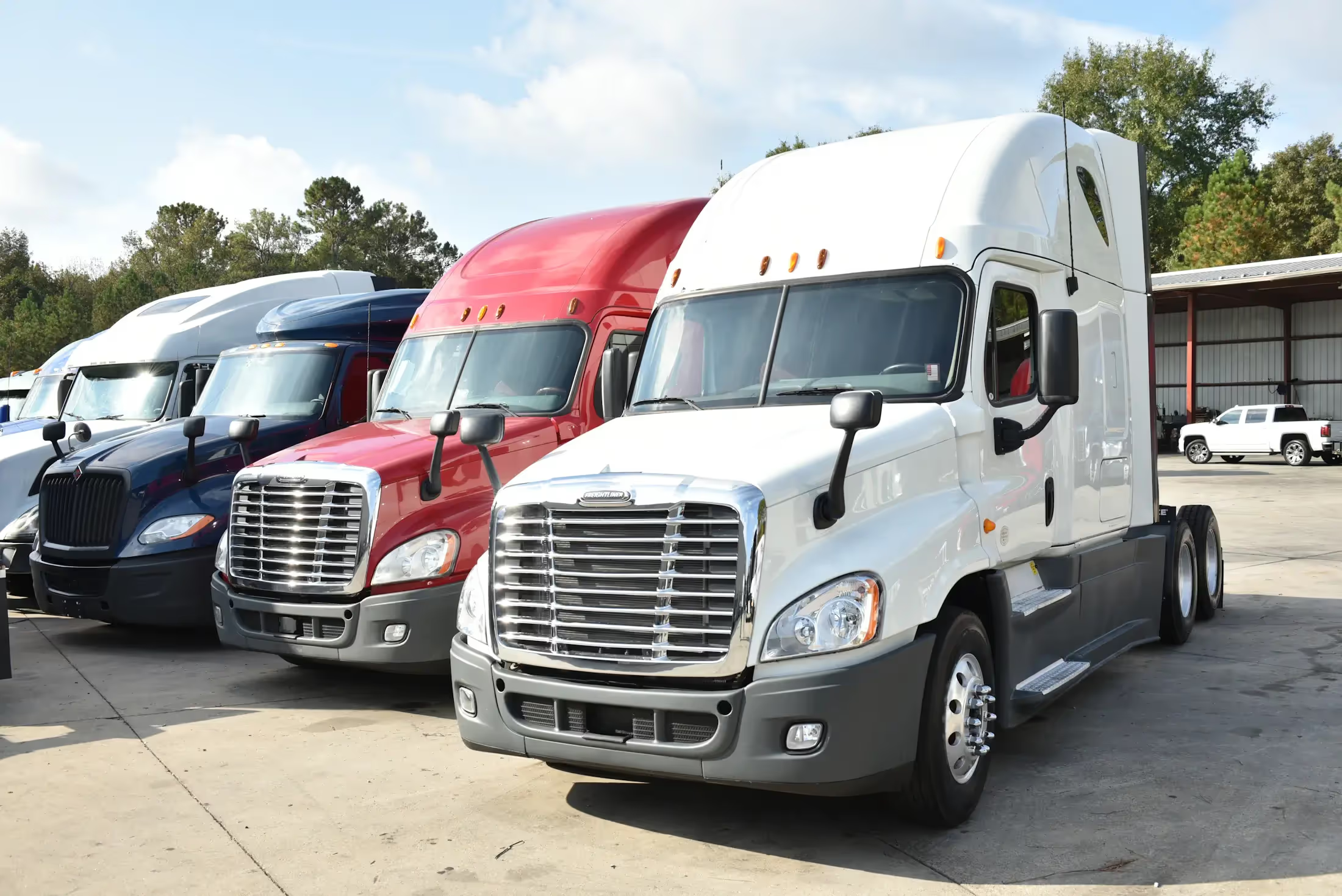Regarding heavy-duty trucks, the suspension system is the unsung hero that takes a beating daily. Whether you're hauling freight cross-country or tackling rugged construction sites, your truck’s suspension bears the brunt of the load. But is upgrading your truck’s suspension worth the investment? The answer is often yes, but it depends on several factors, like the type of loads you carry, road conditions, and your long-term maintenance goals.
Why Consider a Suspension Upgrade?
Heavy-duty trucks, especially those used for commercial applications, have more wear and tear than the average vehicle. The suspension system, which includes leaf springs, airbags, shock absorbers, and bushings, plays a critical role in keeping the truck stable, providing a smooth ride, and preventing long-term damage to the frame and drivetrain.
Here are a few key reasons why upgrading could be a game-changer for your fleet:
- Enhanced Load-Bearing Capacity
You might notice that your stock suspension is straining under the weight if you consistently haul heavy loads. Over time, leaf springs might start sagging, and shocks could wear out faster. Upgrading to a heavy-duty air suspension system can provide greater load distribution and increased stability, helping your truck bear heavier weights without compromising safety or comfort. - Improved Ride Comfort
Let’s face it: driving a fully loaded truck over rough roads can feel like riding a jackhammer. Leaf spring suspensions, while reliable, are often unforgiving when the truck is empty or lightly loaded. Air suspension systems allow you to adjust for load variations, giving your drivers a smoother, more controlled ride, reducing driver fatigue, and boosting productivity.
- Longer Lifespan for Other Components
A properly functioning suspension system doesn’t just smooth out the ride; it also reduces strain on other truck parts. When your suspension absorbs bumps and vibrations, your tires, axles, and driveline don’t take as much of a beating. Upgrading to more durable suspension components can extend the lifespan of these costly parts and lower your maintenance costs in the long run.
- Better Handling and Stability
Upgrading your suspension can drastically improve your truck’s handling, particularly in emergencies. Modern suspension upgrades—like air ride kits or advanced shock absorbers—are designed to keep your truck level and stable, even in tricky driving conditions. This can help prevent issues like trailer sway, uneven tire wear, and rollovers on sharp turns or steep inclines.
Key Components to Consider in an Upgrade
When considering an upgrade, you should evaluate a few essential components. Each has its impact on the overall performance of your truck:
- Leaf Springs: If you have sagging or broken leaf springs, upgrading to a heavier-duty set can help. Look for multi-leaf setups or parabolic leaf springs that offer more flexibility and load-bearing capacity.
- Air Suspension: An air suspension system replaces or works alongside traditional leaf springs. It uses compressed air in bellows to cushion the ride and is adjustable based on your load. This is an excellent option if your truck regularly goes from total capacity to lighter loads, as it allows for a comfortable ride no matter the weight.
- Shock Absorbers: Don’t overlook shocks! Worn-out shocks can lead to a bouncy, uncomfortable ride. Heavy-duty shocks, especially gas-charged shocks, can help you handle rough terrain better while reducing wear on the chassis.
- Bushings and Mounts: These smaller components are vital to the overall function of your suspension. Upgrading to polyurethane or other high-durability materials can help reduce vibration and noise while extending the life of the suspension system.
The Cost Factor: Is it Worth It?
Suspension upgrades don’t come cheap, so weighing the costs against the potential benefits is essential. A typical upgrade might run anywhere from $1,500 to $5,000, depending on the system you're installing and the truck’s make and model. But before dismissing it as too expensive, consider the long-term savings:
- Reduced Maintenance: Upgraded suspension systems are generally more durable, which means fewer repairs and part replacements over time.
- Better Fuel Economy: A properly balanced truck with less road friction and smoother handling can improve fuel efficiency.
- Increased Driver Satisfaction: A more comfortable ride can mean happier, more productive drivers—resulting in fewer driver turnovers and better morale.
What Happens If You Don’t Upgrade?
Neglecting your suspension can lead to a whole host of problems down the line. You could face costly repairs, increased downtime, and even safety hazards without regular maintenance or necessary upgrades. Trucks with failing suspensions often experience problems with tire alignment, braking performance, and handling stability—all of which can lead to accidents or regulatory violations. It’s important to remember that suspension systems provide a smoother ride and maintain your truck's structural integrity.
Conclusion
So, is upgrading your truck’s suspension worth the investment? In most cases, absolutely. A well-maintained, upgraded suspension system improves your truck’s performance and driver comfort, extends the lifespan of critical components, and reduces overall maintenance costs. An upgrade can make all the difference for fleets carrying heavy loads or navigating rough terrain. Considering the benefits—like better handling, increased safety, and long-term savings—it’s an investment that pays off over time.


